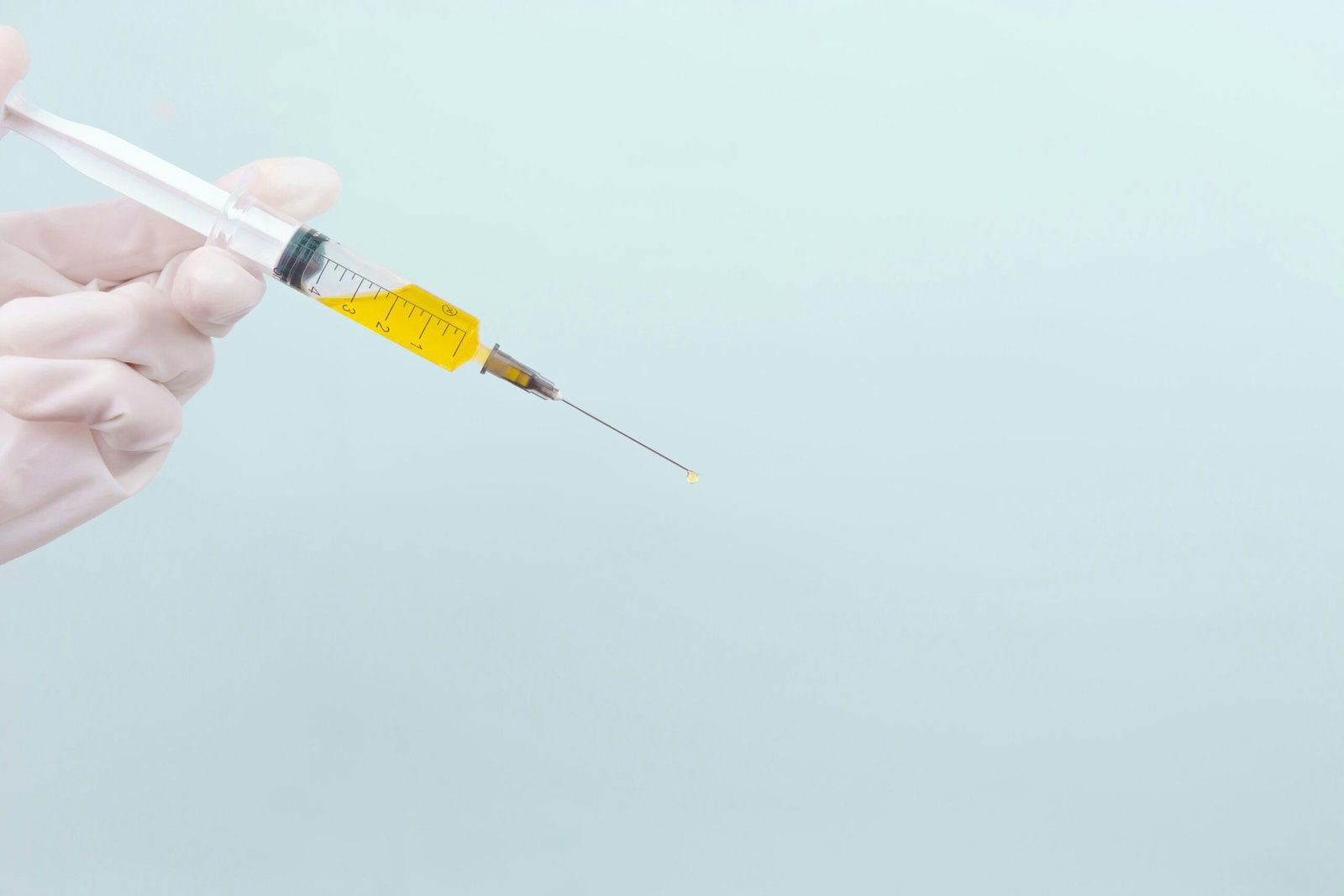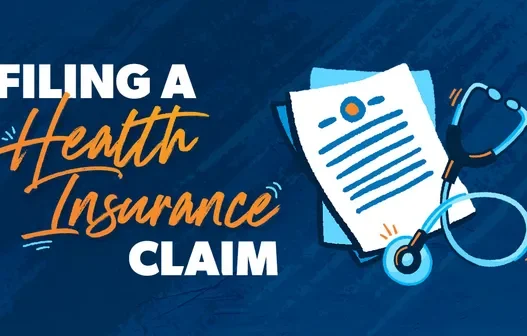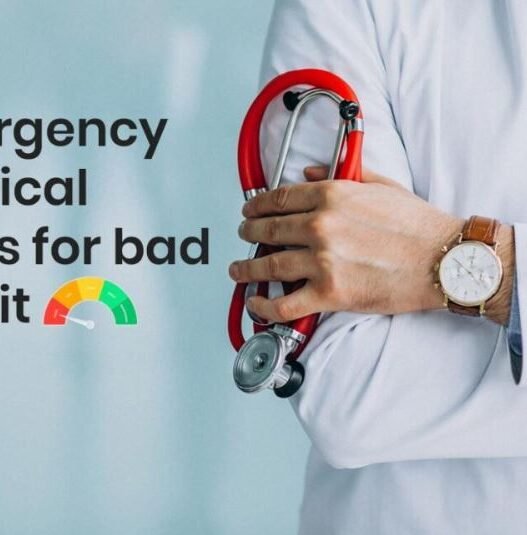Understanding the Current Measles Outbreak
The recent resurgence of measles cases in Texas has raised significant public health concerns. In 2022, the state witnessed an alarming increase in reported measles cases, marking the most significant outbreak since the early 2000s. According to the Texas Department of State Health Services, there were over 100 reported cases, showcasing a stark contrast to previous years, where cases were dwindling. This upsurge can be attributed to several factors, including a decline in vaccination rates, misinformation regarding vaccine safety, and increased travel that permits the disease to spread more easily across borders.
Measles is a highly contagious viral illness that primarily spreads through respiratory droplets when an infected person coughs or sneezes. The measles virus can survive on surfaces for several hours, further contributing to its potential spread. A person infected with measles can transmit the virus to others even before they exhibit visible symptoms, making early detection and containment challenging. Particularly in communities with low vaccination rates, outbreaks can occur rapidly, posing a significant risk not only to the unvaccinated individuals but also to those who are unable to be vaccinated due to medical reasons.
The implications of rising measles infection rates extend beyond physical health. Measles can lead to severe complications, such as pneumonia, encephalitis, and even death, particularly in children under the age of five and those with weakened immune systems. The emotional toll on families and communities can be immense; parents are often plagued with anxiety over their children’s health, while schools may face disruptions and a heightened need for preventative measures. Furthermore, the public health infrastructure is strained as resources are redirected to manage outbreaks, highlighting the critical importance of maintaining high vaccination coverage rates to prevent further outbreaks and protect vulnerable populations.
The Parental Dilemma: Vaccination Requests and Refusals
The issue of measles vaccinations has generated a complex landscape of parental perspectives that pediatricians must navigate. On one hand, there are many parents who express urgent requests for early vaccinations, driven largely by the fear of measles outbreaks. The increasing frequency of reported cases and the highly contagious nature of the virus amplify their concerns, compelling them to seek immediate protection for their children. This urgency is rooted in a desire to prevent illness, not only for their own children but also for vulnerable populations within the community. The protective benefits of vaccinations are well-documented, and many parents recognize that immunization is a crucial step in safeguarding public health.
Conversely, another segment of parents is resistant to vaccinating their children against measles. Various factors contribute to this refusal, including a belief in natural immunity, where some parents prioritize what they perceive to be a more ‘natural’ approach to health. Misinformation regarding vaccine safety plays a significant role in the decisions of these parents, as they may rely on anecdotal accounts rather than established scientific data. Distrust in medical institutions, fueled by historical injustices and ongoing debates about pharmaceutical influence, further complicates their stance. These parents may feel that their concerns are not addressed, leading to reluctance in accepting pediatric recommendations.
The dichotomy between urgent vaccination requests and refusals creates a challenging dynamic for pediatricians. Balancing the need to educate parents about the benefits of vaccinations while respecting their autonomy requires skillful communication. As they navigate these debates, pediatricians play a critical role in providing accurate information, addressing fears, and fostering trust. This multifaceted dialogue is essential to ensure children receive the measles vaccine, thereby promoting community immunity against this preventable but serious disease.
The Pediatrician’s Role: Balancing Trust and Education
Pediatricians play a critical role in the ongoing vaccination debate, acting as the primary source of information and support for parents grappling with the complexities and uncertainties surrounding immunization. In these pivotal conversations, pediatricians must cultivate a trusting relationship with parents while effectively addressing their concerns about vaccine safety and efficacy. This dual approach necessitates exceptional communication skills and the ability to empathize with parental anxieties.
When confronted with parents eager for early vaccinations, pediatricians must affirm their enthusiasm while ensuring that they provide education based on up-to-date, evidence-based research. It is equally important for pediatricians to approach those hesitant about immunization with empathy, acknowledging their fears without dismissing them. Effective communication strategies include active listening, validating parental feelings, and guiding discussions using clear, straightforward language. This method fosters an environment of trust and openness, allowing pediatricians to guide parents toward informed decisions regarding their child’s health.
However, the journey of educating parents about vaccinations is not without challenges. Pediatricians often face significant time constraints in their practice, making it difficult to engage deeply with every concerned parent. Furthermore, the emotional toll of confronting widespread vaccine misinformation can weigh heavily on practitioners. Misinformation often spreads rapidly through social media and other platforms, forcing pediatricians to counteract these narratives with factual information while remaining compassionate. The challenge lies in not only dispelling false claims but also instilling confidence in the vaccine’s benefits.
In navigating the measles vaccination debate, pediatricians serve as essential advocates for child health, bridging the gap between scientific evidence and parental concern. By fostering trust and prioritizing education, they empower families to make informed choices, ultimately contributing to community immunity against preventable diseases like measles.
Strategies for Pediatricians in the Measles Vaccination Debate
As the measles vaccination debate continues to manifest divisions among parents, pediatricians play a crucial role in addressing these concerns with sensitivity and expertise. One essential strategy is to foster an open dialogue with parents. Pediatricians should create a welcoming atmosphere that encourages parents to voice their concerns about the measles vaccine. Engaging in active listening promotes trust and understanding, allowing healthcare providers to identify specific worries and misconceptions. By addressing these concerns with empathy, pediatricians can facilitate more productive conversations about the importance of immunization.
Providing credible resources is another vital strategy for pediatricians. Parents often turn to the internet for information, which can be filled with misinformation. By supplying well-researched literature, reputable websites, and local health department resources, pediatricians can help parents access accurate information about the measles vaccine’s safety and efficacy. Additionally, utilizing evidence-based materials that explain herd immunity and the potential consequences of opting out of vaccinations can further empower parents with knowledge. This proactive educational approach fosters an informed community and promotes thoughtful discussion around the vaccine.
Moreover, creating supportive environments is essential for parents to discuss their concerns comfortably. Pediatricians can suggest community engagement efforts, such as hosting informational sessions or workshops about vaccines, which may invite guest speakers and public health representatives to address concerns collectively. Encouraging parents to participate in local vaccination advocacy can also instill a sense of belonging and collective responsibility. By actively promoting public health policies, pediatricians contribute to increasing vaccination rates and enhancing community wellness. Ultimately, pediatricians have a pivotal role in guiding parents toward informed decisions while creating a healthier society through effective vaccination practices.

















